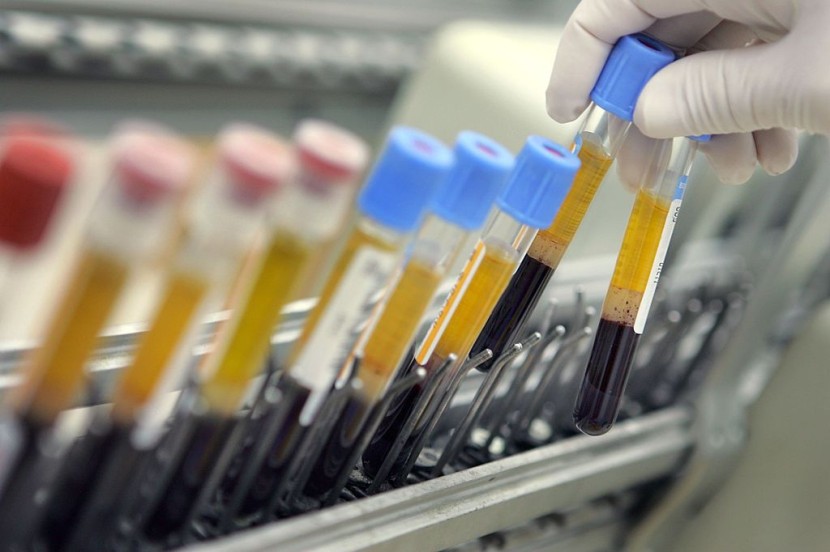
A recently developed blood test by researchers from the University of Southern California (USC) has the potential to detect ovarian cancer in its earliest stages.
In a recent paper published in the journal Clinical Cancer Research, the OvaPrint test was defined as a "cell-free DNA methylation liquid biopsy" to determine the likelihood of developing high-grade serous ovarian cancer (HGSOC).
The findings revealed that the test is "highly sensitive and specific" for symptomatic women. It may one day be used in those who do not exhibit any symptoms at all. In most cases, doctors do not discover HGSOC until it has progressed significantly.
According to the National Institutes of Health, this is the most frequent and deadly kind of ovarian cancer. Currently, surgical removal of the tumor, followed by pathological analysis, is the gold standard for diagnosing a pelvic mass.
The study indicated that there are currently no appropriate screening options for asymptomatic women.
The OvaPrint Test
The scientists created OvaPrint to differentiate between malignant and noncancerous ovarian tumors by evaluating samples.
When compared to other commercial tests, OvaPrint had a "positive predictive value of 95% and a negative predictive value of 88% for discriminating HGSOC from benign masses," as stated by the researchers.
Although the test's sensitivity was lower for ovarian cancers that were not HGSOC, it showed promise for detecting low-grade and borderline tumors with a greater propensity for malignancy.
Bodour Salhia, study co-author and co-leader of the genomic and epigenomic regulation research program at the USC Norris Comprehensive Cancer Center, said in a statement: "The test has the potential to improve treatment, because the surgical approach to removing a pelvic mass differs depending on whether it's benign or not. Right now, doctors essentially have to take their best guess," as reported by Healthcare Brew.
According to Medical Press, the researchers are considering doing a follow-up study to verify their findings.
OvaPrint may become commercially available in as little as two years if this validation pans out.
Also Read : Golden Cancer Killers: Medical Researchers Develop Gold Particles Designed to Kill Tumors
Largest Ovarian Cancer Screening Study
Dr. Brian Slomovitz, head of gynecologic oncology at Mount Sinai Medical Center, commented on the advances of the study in an interview with Fox News.
"It is not a cancer screening test, which looks at normal-risk women who have not been diagnosed with a mass. In this group of women, investigators were able to identify those malignant tumors with a relatively high sensitivity and specificity," he stated.
He added that this analysis is performed to see whether a tumor is cancerous and, hence, requires surgical removal. In a clinical setting, it may also decide whether or not an oncologic surgeon should do the procedure.
According to Slomovitz, their test was successful in identifying individuals with early-stage illness in the biggest ovarian cancer screening experiment yet conducted.
The doctor recommended factoring in the rate at which ovarian cancer is spreading while doing screenings.








